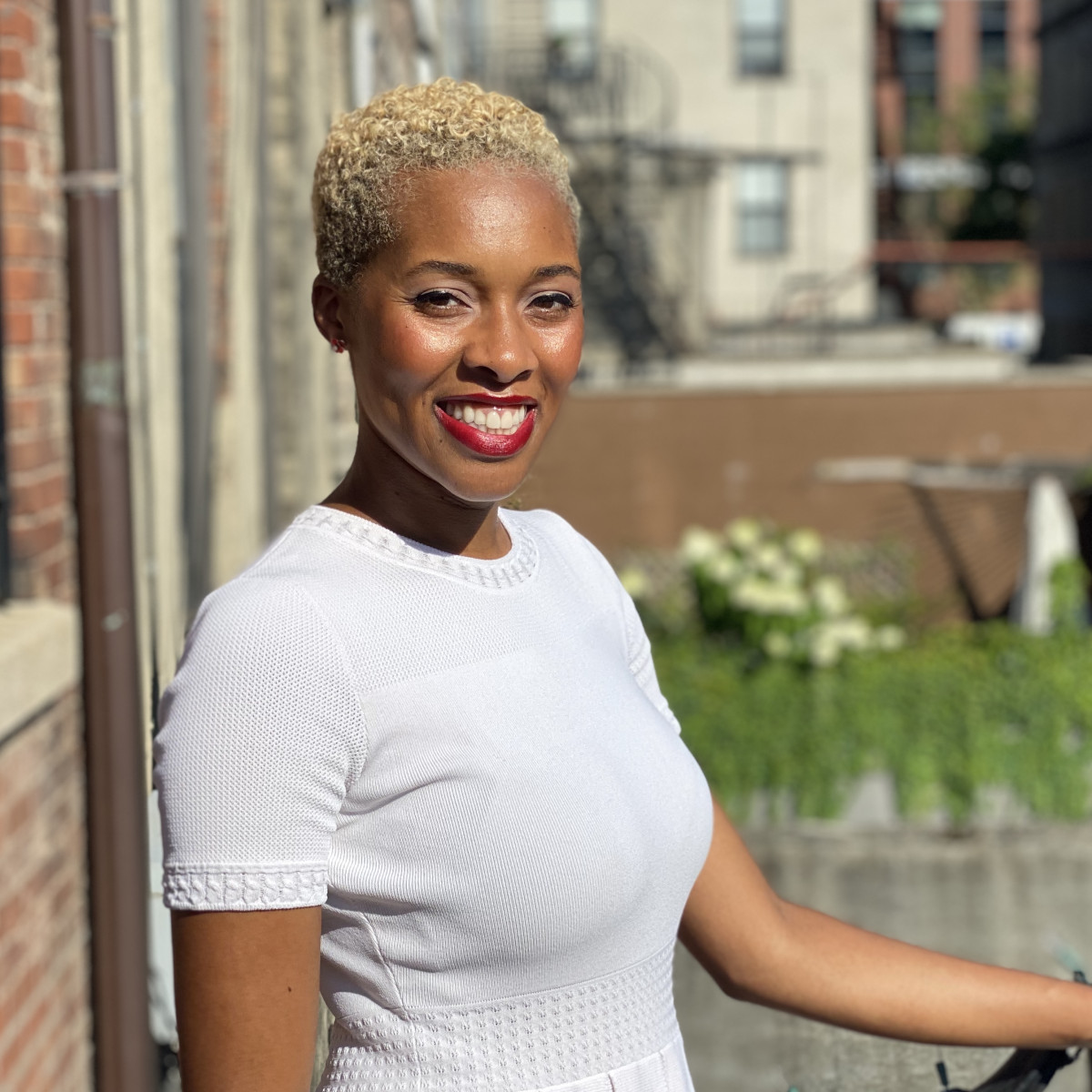NICHOLE JIANG – STAFF WRITER

The brain produces every thought, memory, feeling and action, and humans may never be able to fully understand or grasp the complexity of its inner workings. However, neuroscientist Bianca Jones Marlin has dedicated her life to researching the most complex organ in our body, and hopes to shed some light into the mysteries of the brain at 10:30 a.m. Wednesday, Aug. 18 in the Amphitheater.
Marlin’s lecture will focus on how information is passed from generation to generation through transgenerational epigenetic inheritance; more specifically, how trauma in parents can affect the brain structure and sensory development of their children. Marlin’s research presented at today’s lecture is part of Week Eight’s theme of “The Human Brain: Our Greatest Mystery.”
Marlin has always been fascinated with genetics. In addition to raising her, Marlin’s biological parents were also the foster parents of several other children. This experience of growing up with both biological and nonbiological siblings influenced Marlin’s interest in science and paved the way for her scientific career. Marlin would listen to her nonbiological siblings’ stories of childhood trauma before joining her family, and Marlin became curious about how a negative relationship with one’s parents could affect a child.
This interest and natural talent for the sciences is what led Marlin through a highly successful academic and research career. Marlin graduated from St. John’s University with dual bachelor’s degrees in biology and adolescent education. Marlin then went on to graduate from the New York University of Medicine with a doctorate in neuroscience. She is now the Herbert and Florence Irving Assistant Professor of Cell Research at Columbia University’s Mortimer B. Zuckerman Mind Brain Behavior Institute.
Her work here includes the mechanism of transgenerational inheritance of environmental information.
Through her research, Marlin discovered that a parent’s learned behavior can actually become a natural behavior in their children. Marlin’s research goal is to prove that these adaptations can be passed on to multiple generations. This work and research into learning and emotions being passed on from one generation to the next biologically, though DNA, has the potential to have a huge impact in understanding societal health and an individual’s mental health.
Marlin has received various recognitions for her research such as the 2020 Allen Institute Next Generation Leaders, 2017 STAT Wunderkinds Award and the 2016 Donald B. Lindsley Prize. Her research has also been featured in numerous notable publications such as NPR’s “Science Friday,” The Los Angeles Times, Discover magazine’s “100 Top Stories of 2015” and National Geographic. However, it was Marlin’s research as a graduate student with parental behavior and oxytocin that truly set her apart.
Marlin’s first major scientific breakthrough was centered around oxytocin, which is known as the “love hormone” in maternal behavior. Her research linked the hormone to neural changes that were associated with learned maternal behavior. Marlin noted that when mice pups are lost, they release an ultrasonic cry that allows their mothers to come find them. However, inexperienced female mice would instead ignore the cries and at times even eat the baby. Marlin was able to find changes in the auditory cortex associated with this response, and she saw that only the left side of the auditory cortex controls this behavior and that oxytocin must be delivered to this side to speed up the retrieval of the lost babies. Marlin’s research was groundbreaking, as it showed a dedicated neural circuit and the importance of oxytocin.
Today’s lecture will be centered around Marlin’s second major scientific finding with trauma and epigenetic mechanisms. Her team at Columbia has been researching by establishing a traumatic memory through fear in adult mice by pairing a scent with a shock. In her research, she discovered that the offspring of these mice actually avoided that same scent, even though they had never personally experienced that trauma. Marlin will also focus on how sperm cells have the potential to carry genetic memories, allowing fathers to pass on the memory of trauma to their offspring.
Marlin’s research has the potential to have groundbreaking results, and today’s lecture is a chance to take a dive deeper into the complexity of the human brain and how genetics play a larger role in our social behavior and mental well-being.




